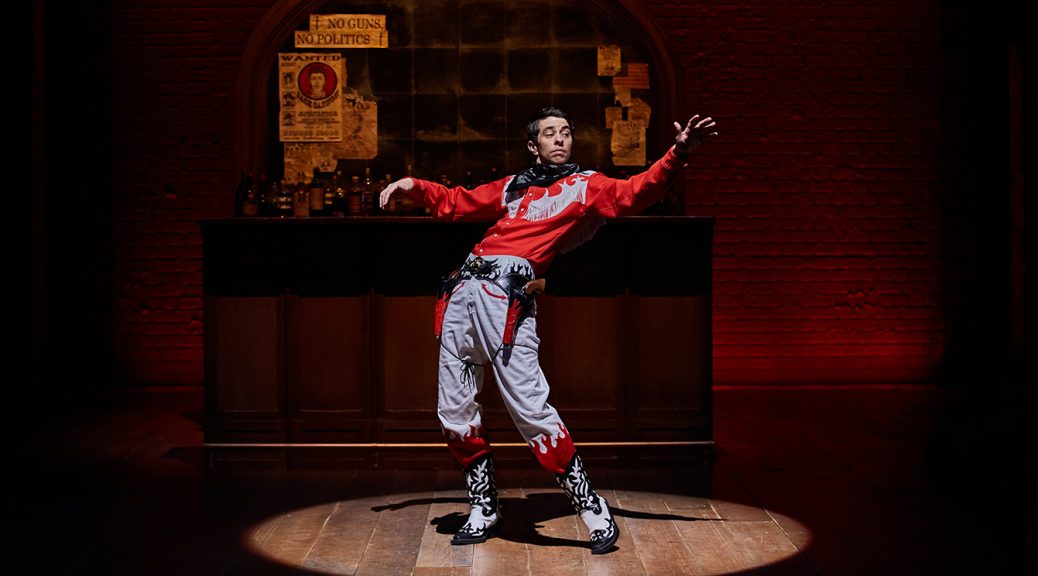Samuel D Hunter’s play makes a virtue of being understated in an effort to be profound. It manages to provoke and move – just about – and certainly feels more substantial than its sketchy structure and short running time might suggest. With strong performances, and an intelligent authorial voice, the production safely secures four stars.
The plot is minimal. Jake goes travelling after being diagnosed with a degenerative illness and meets wannabe writer Chris while working in warehouse. The men are very different but start an intense friendship that is intriguing and emotional. Yes, it’s contrived, with touches of sentimentality and miserabilism. But it works hard and there’s a lot to like.
Although Jake and Chris attempt a romantic relationship, that’s not to be. Their differences – one is East Coast, one native to Washington, one rich, one poor, and Jake far more comfortable with his sexuality – are all underplayed. While Jake has the idea of following his ancestor’s pioneering trail to the ocean, opening up ideas about history and politics, Clarkston isn’t a state-of-the-nation play either. Appropriately, that relation of Jake’s is a distant one. Hunter suggests a lot but doesn’t want to be pinned down.
This tentative approach must make it hard for performers, but the cast does the sensitive, detailed characters proud. Joe Locke and Ruaridh Mollica, playing Jake and Chris respectively, build a bond it is easy to believe. How much we like these guys is left nicely open. There are more than a few selfish and silly comments, but Locke and Mollica make you care and bring out the depth of their roles. They are both great at getting the most out of the play’s subtle humour (their “non-sex” scene is brilliant). Sophie Melville joins as Chris’ mother, a recovering addict, in powerful encounters. Her role serves as an interesting foil to the youngsters. We can recognise the generational divide (I won’t list the clichés) but Hunter wants us to look harder and his cast allows it.
The problems all three face are real. It turns out there’s a lot to unpack in such a simple premise and you could argue that none of it is explored in enough depth, in particular Jake’s suicidal ideation, which is skimmed over uncomfortably quickly. But director Jack Serio takes his lead from the text and moves us away from misery into something approaching quiet celebration. As a coming-of-age story, it’s more mature and muted than usual, so easier for all ages to appreciate. I suspect Clarkston is a piece that will linger in the memory. It may be predictable that Jake and Chris get to the ocean. But note, there’s no epiphany here… it’s just the sea and the support of a friend.
Until 22 November 2025
Photo by Marc Brenner


